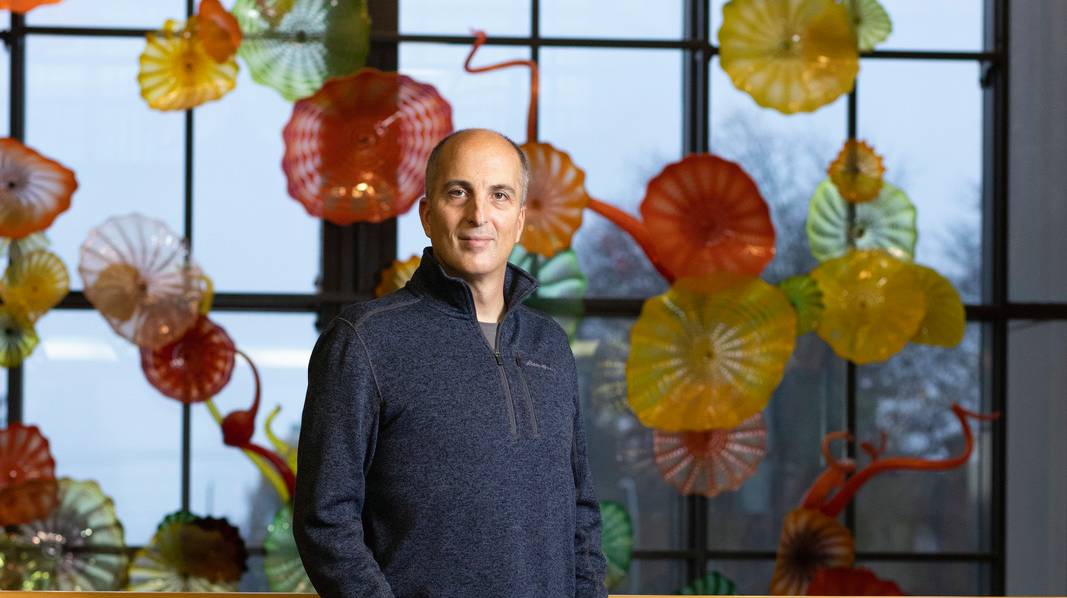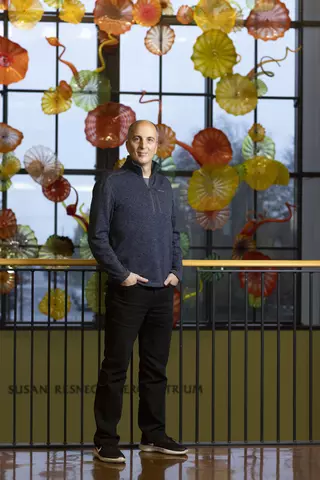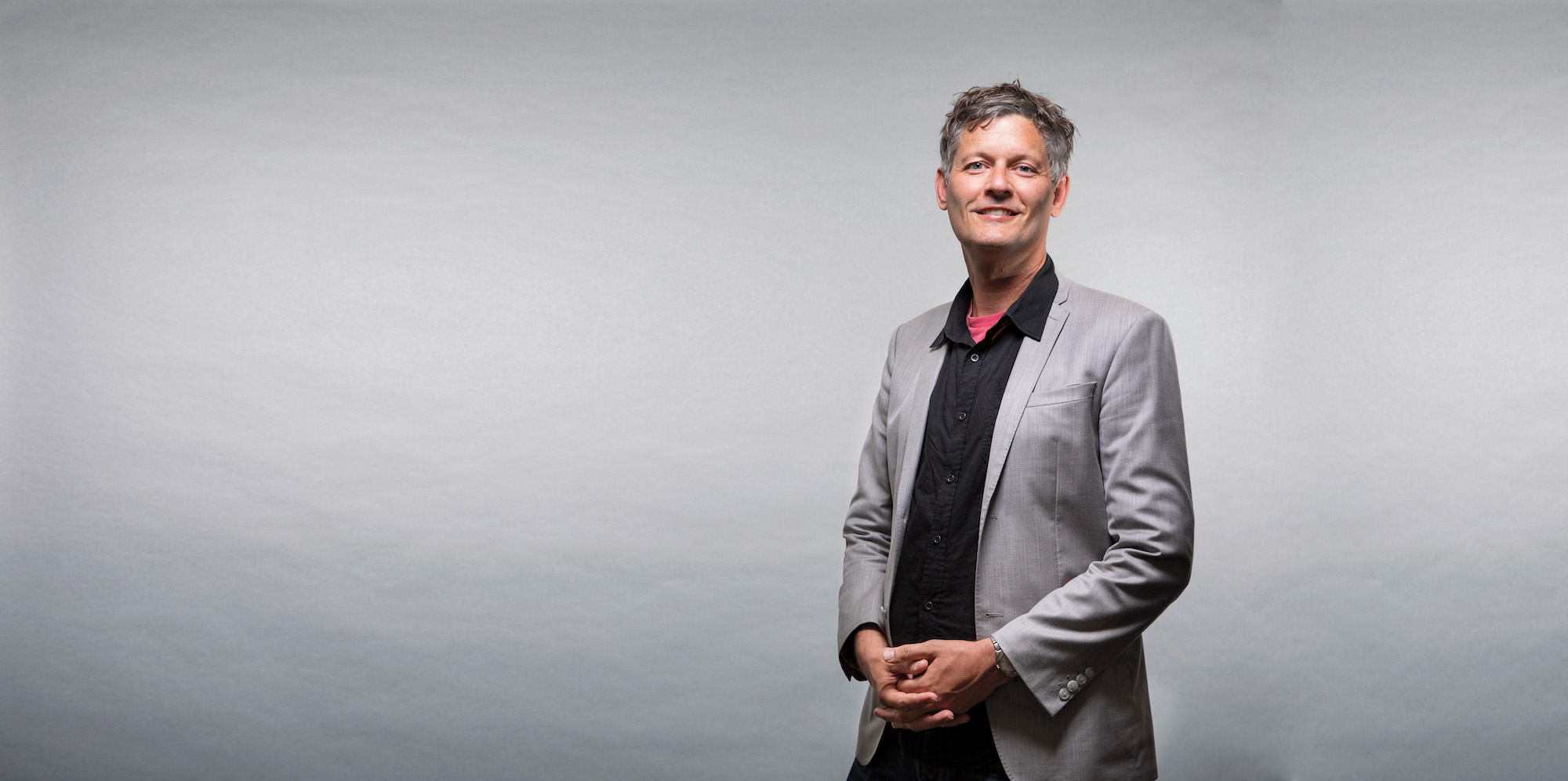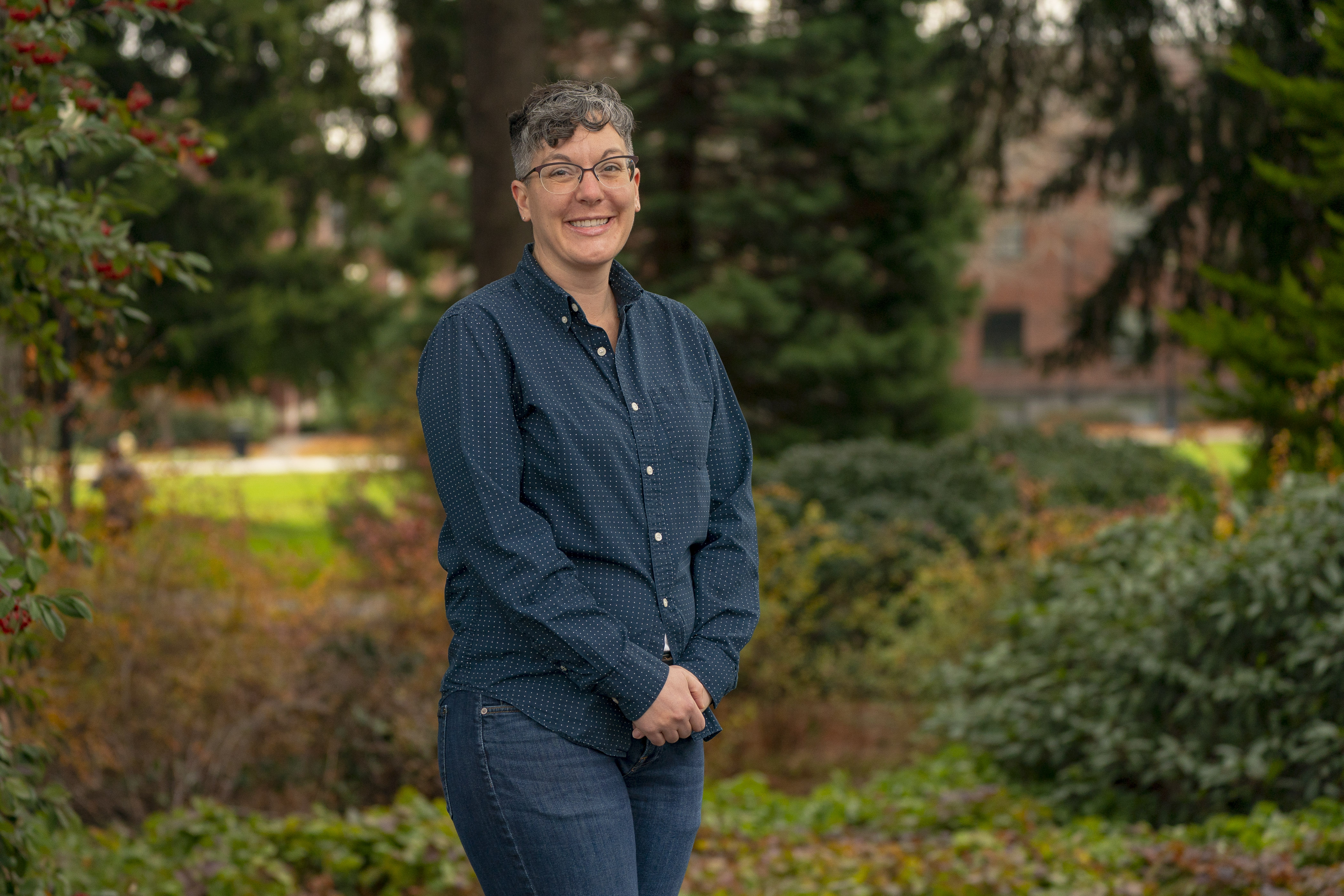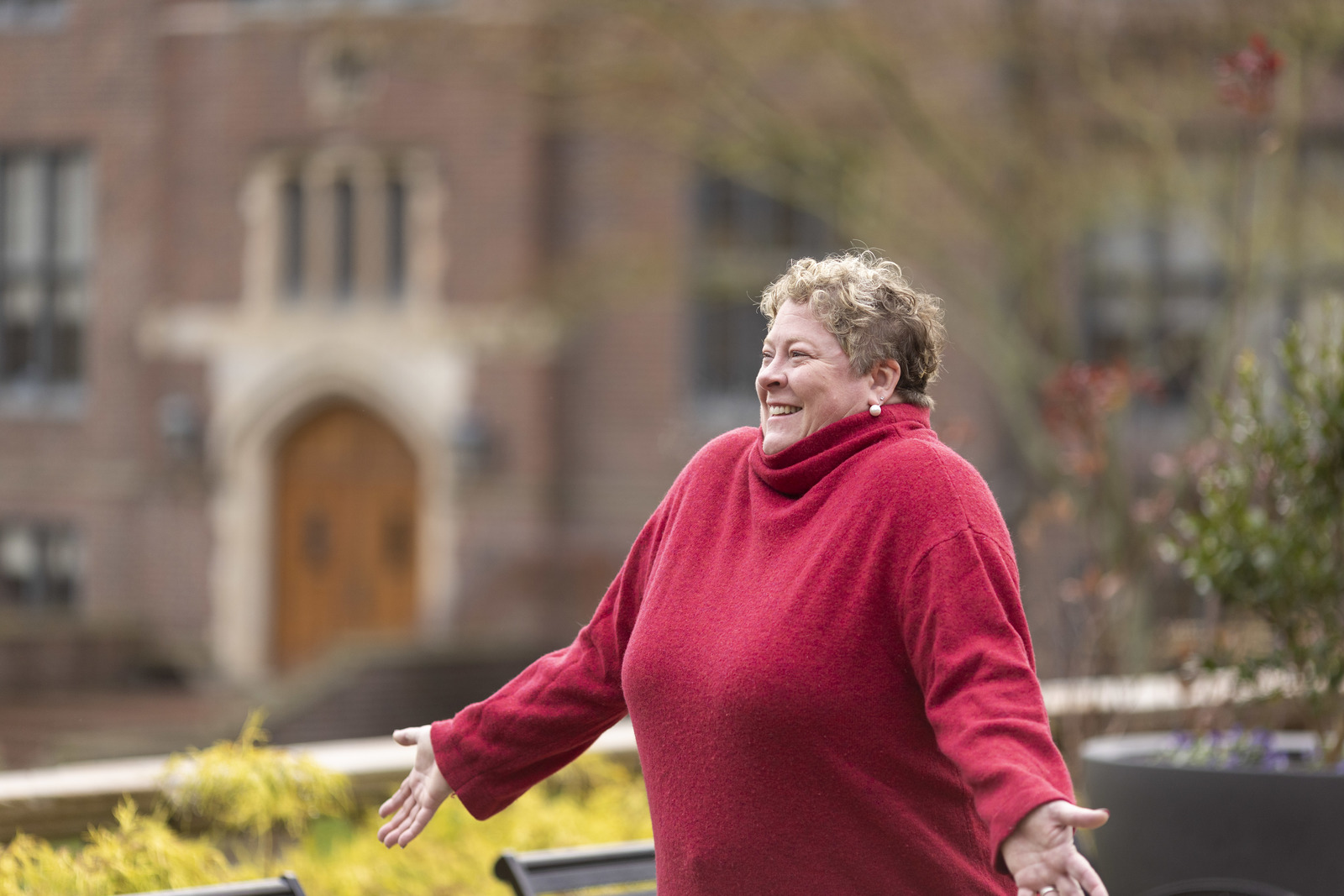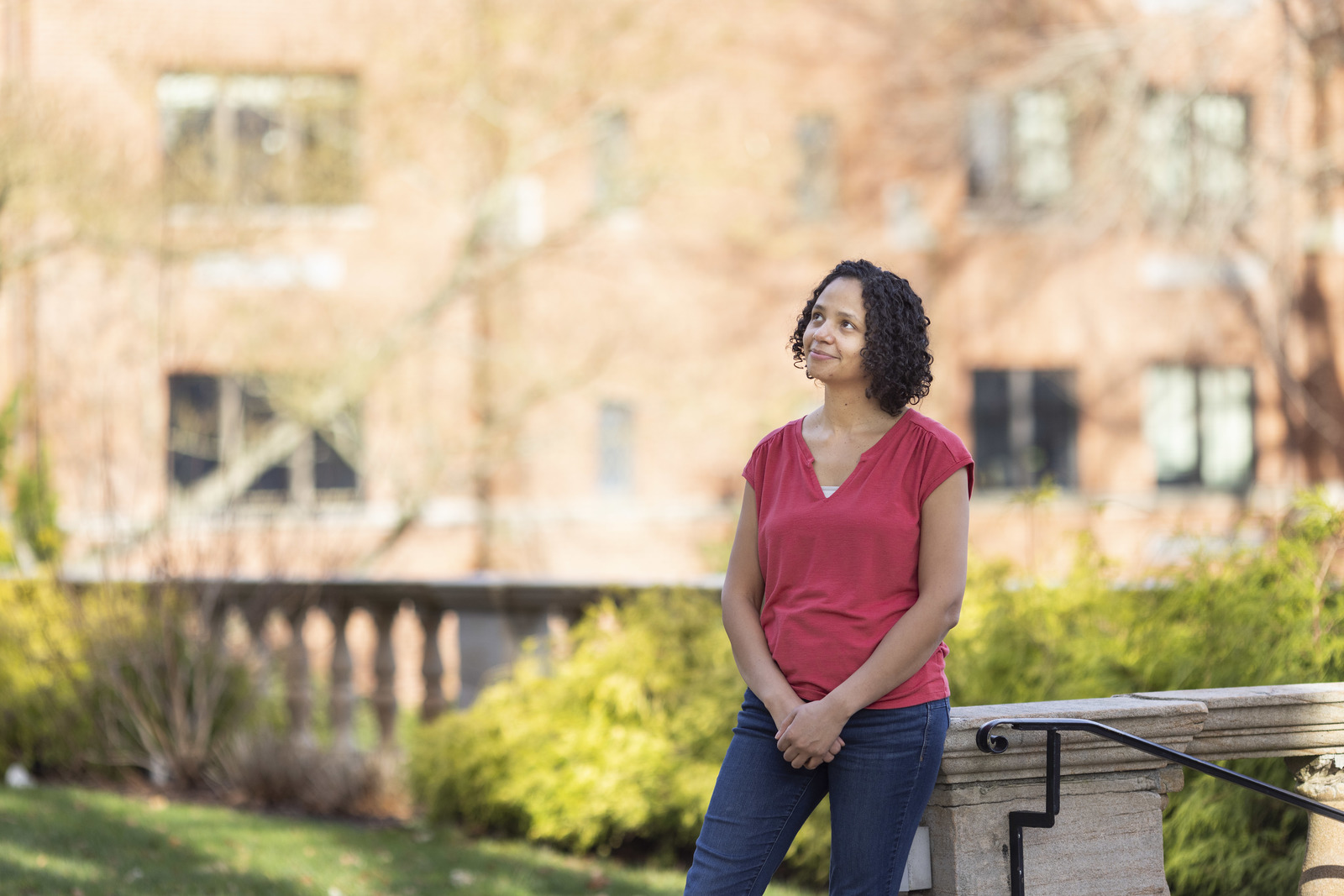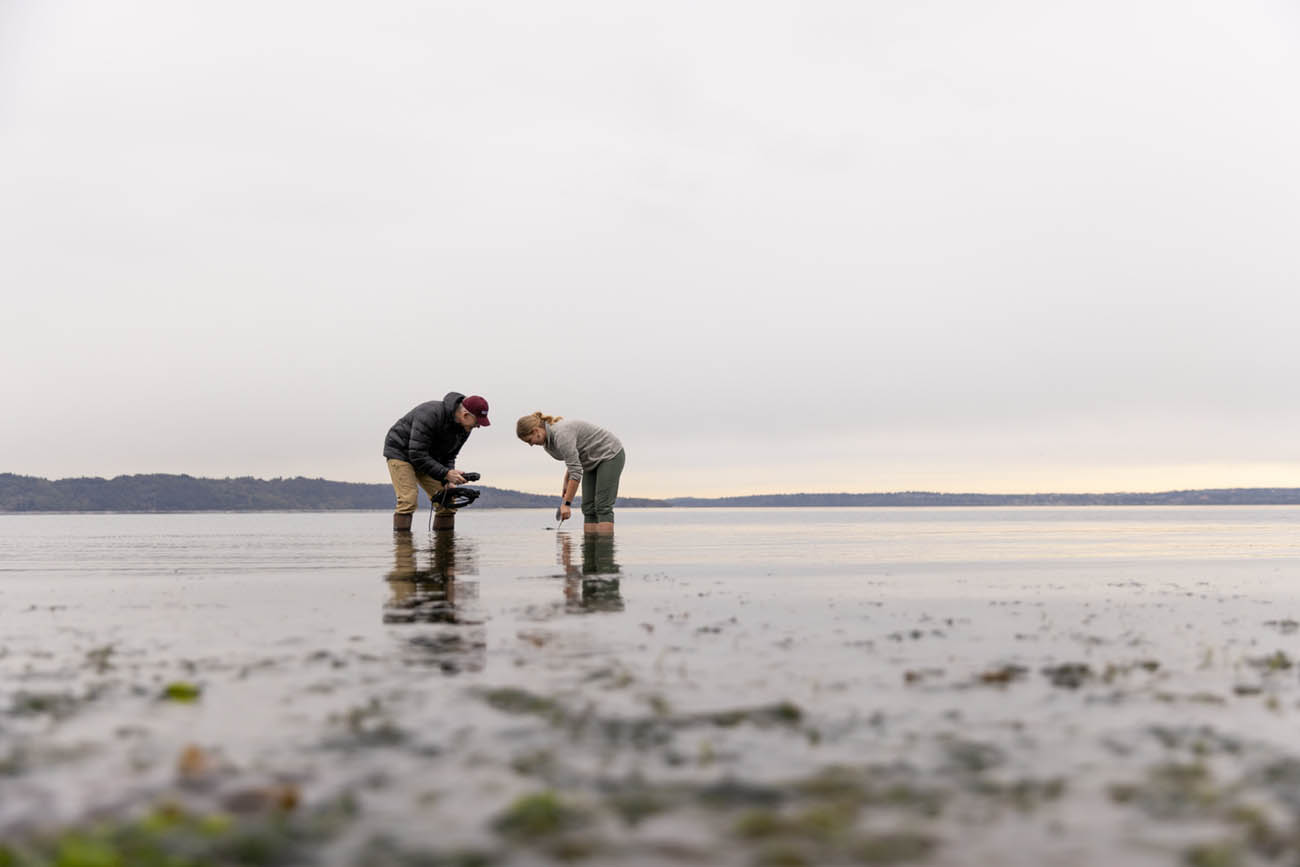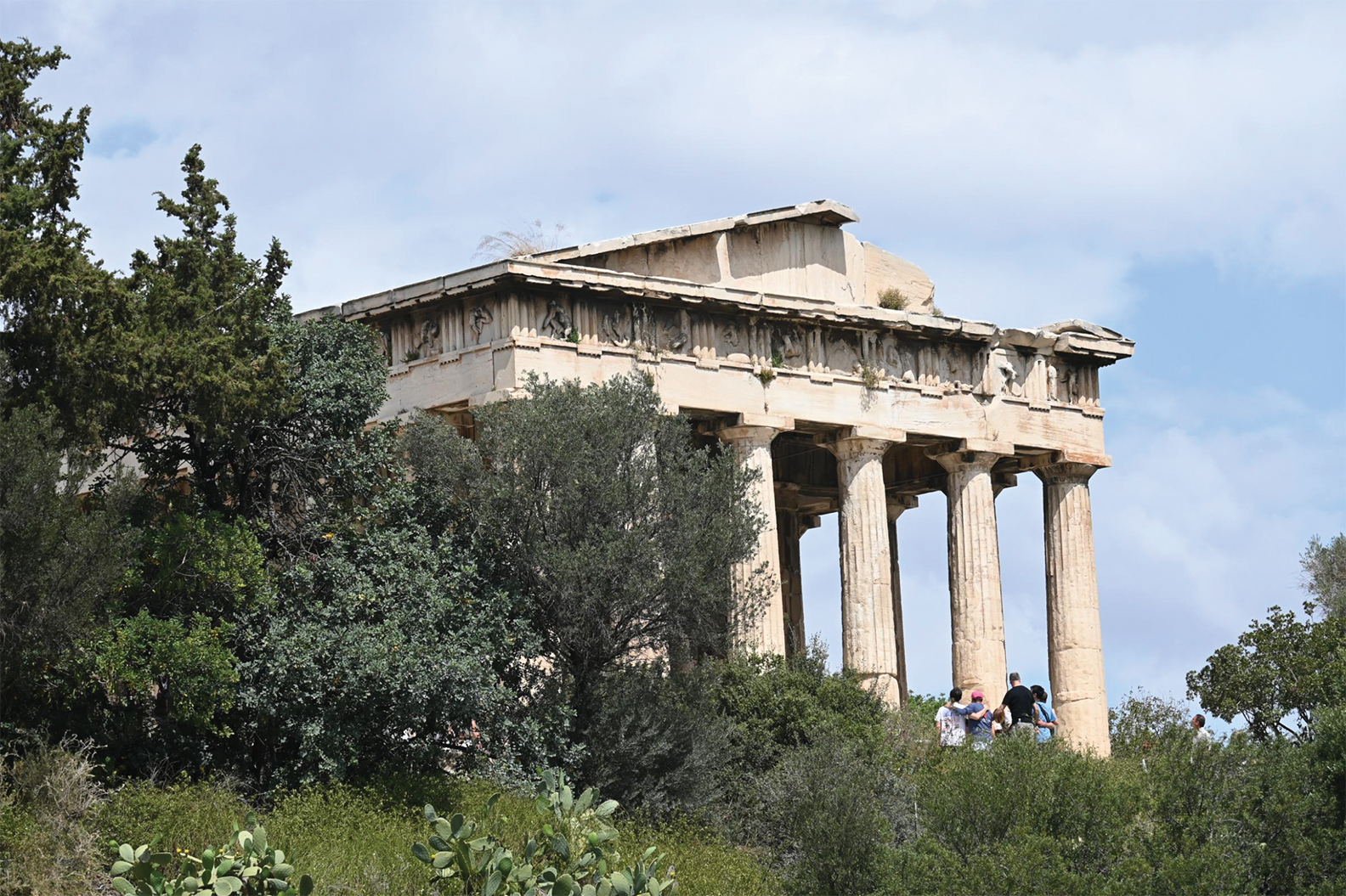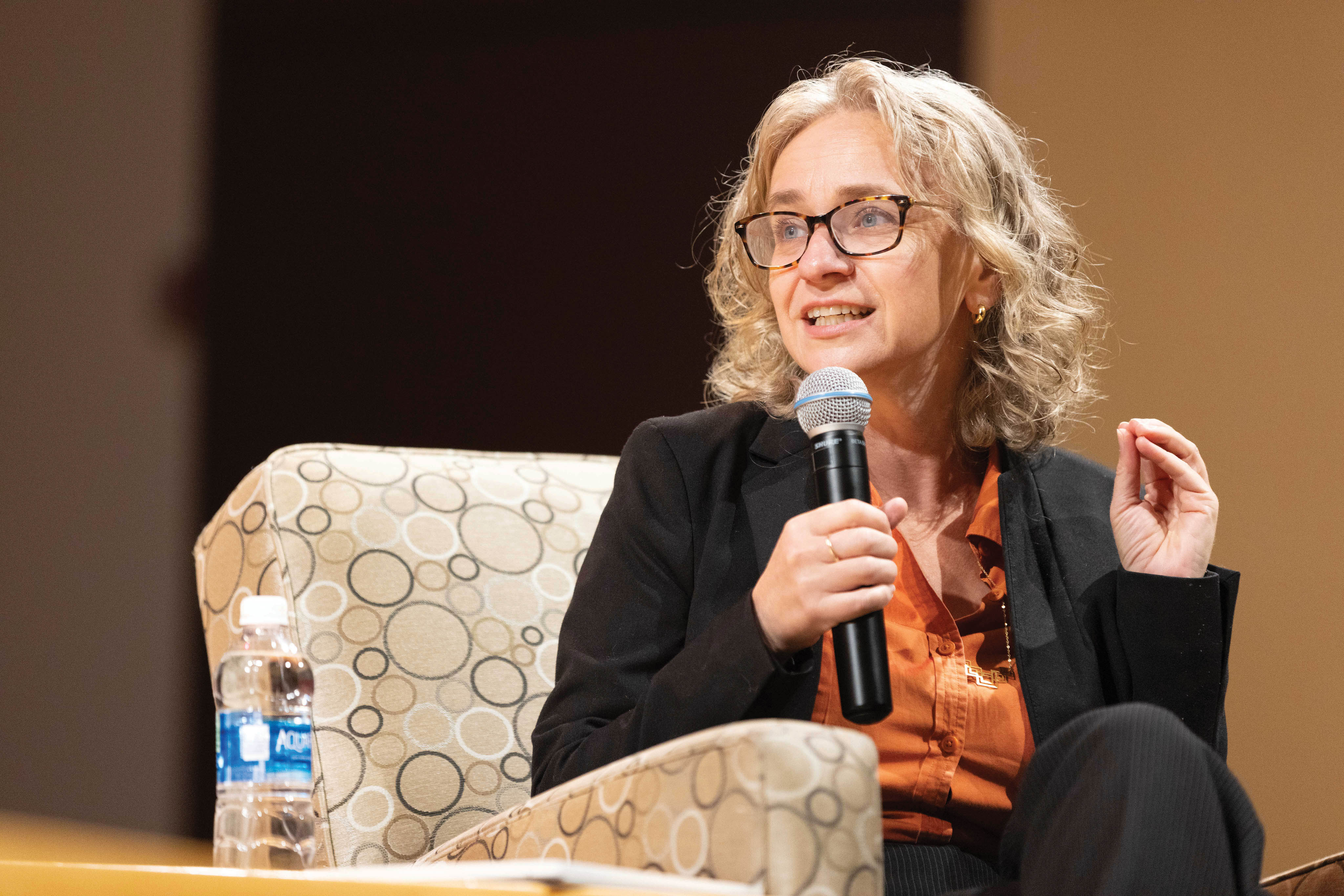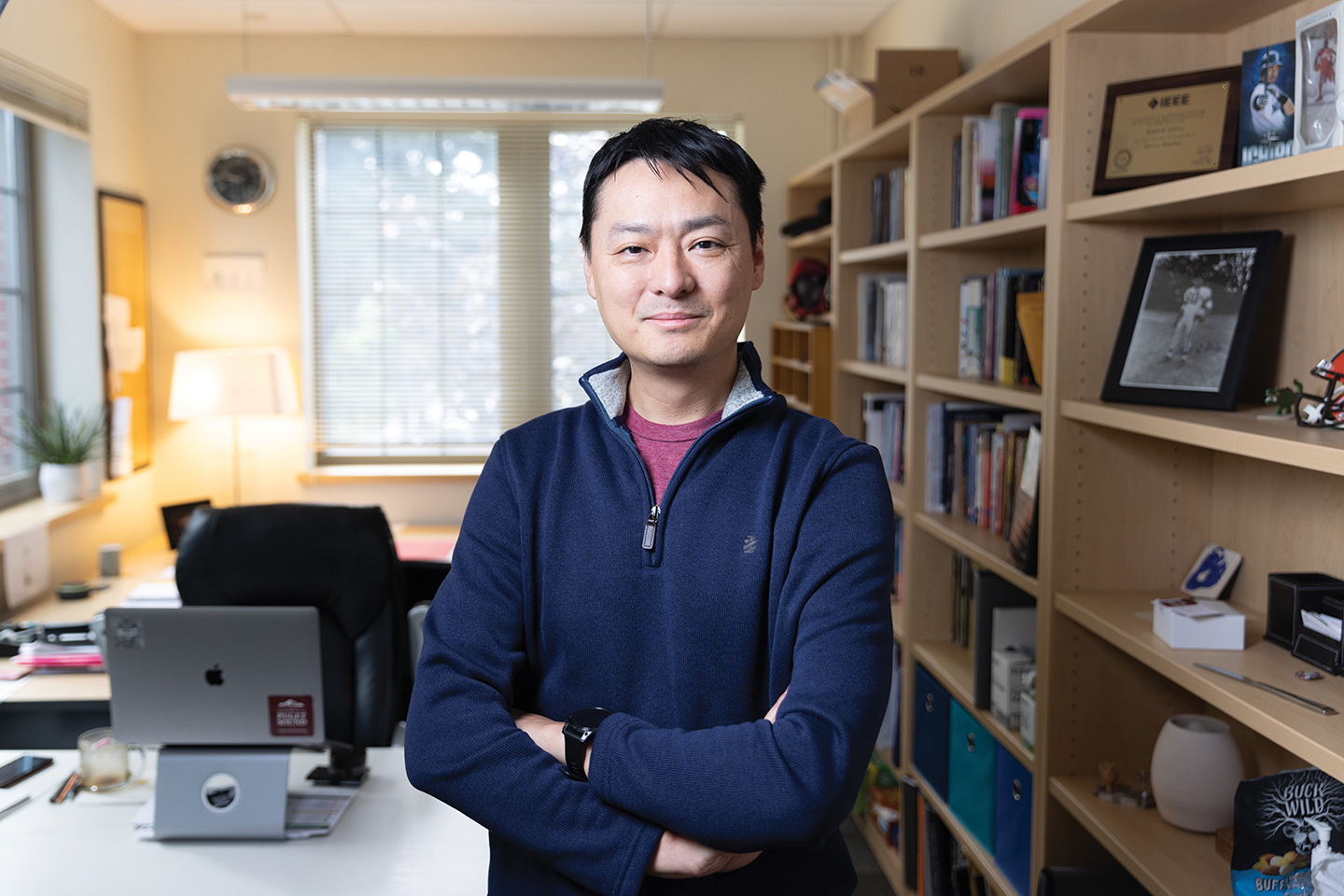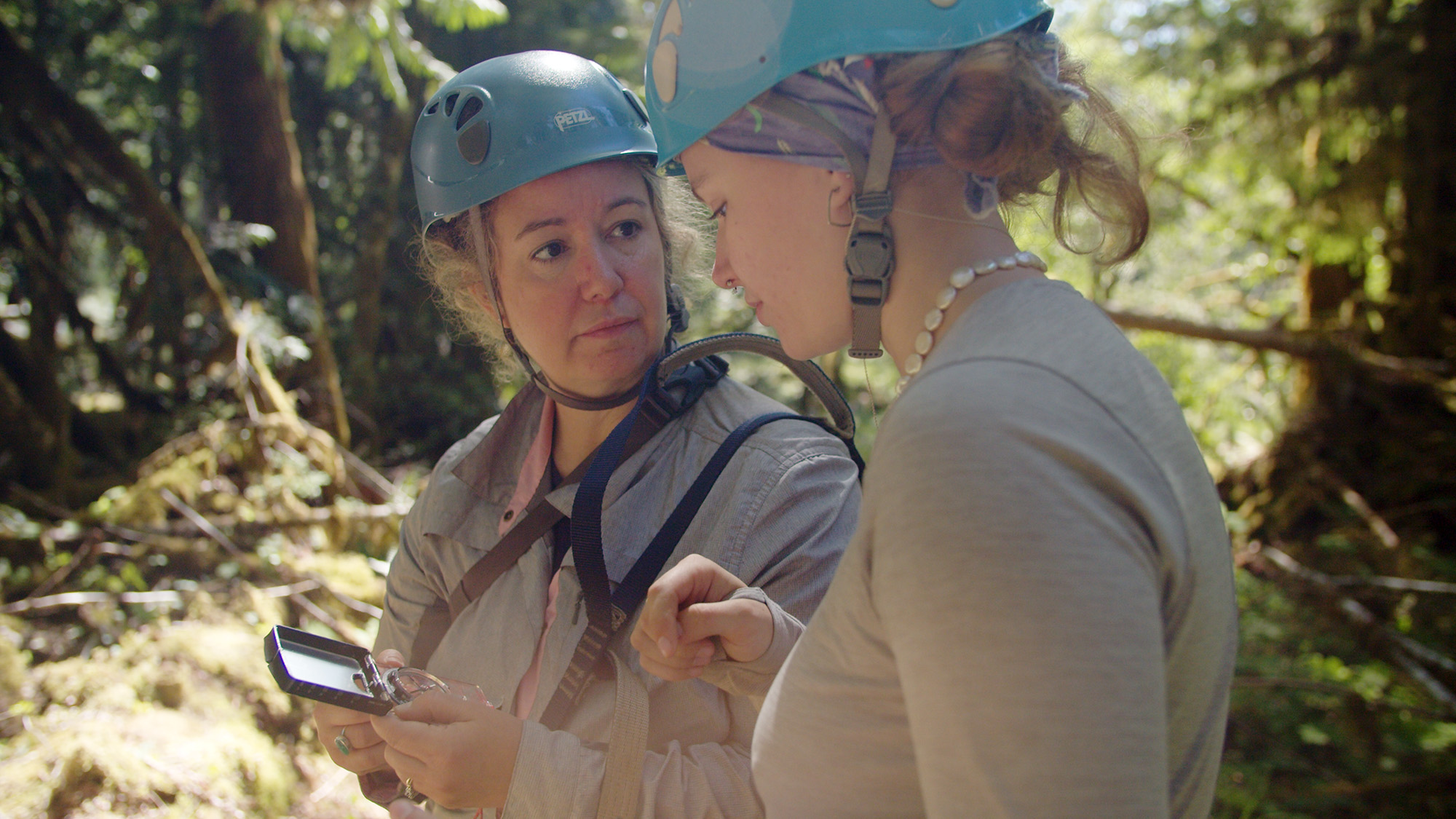Professor Nick Kontogeorgopoulos studies sustainable tourism, has led the Asian Studies and Global Development Studies programs, and now has a new role: associate dean of experiential learning
Q: What first got you interested in studying tourism and development?
A: My interest grew out of my own experience. When I was a junior in college, I spent a semester studying in Australia, and after that, I traveled throughout Southeast Asia. Thailand immediately fascinated me. I was drawn to the contradictions of Thai society and trying to figure those out, and in doing so, I found a field that excited me, which is tourism and community development. I kept going back, and the more time I invested there, the harder it became to go anywhere else. That led to me studying community- based tourism companies that try to be sustainable and equitable. Beyond that, I love Thailand for all the reasons people love Thailand: The food, the landscapes, and the cultural setting are all incredible.
Q: What brought you to Puget Sound?
A: This was the first job I applied to when I was finishing my PhD in geography. It felt like a perfect fit. Here was an interdisciplinary position created to promote Southeast Asian studies, in a part of the country where I wanted to live, at a school that rewarded teaching effort. I didn’t have any liberal arts exposure before coming to Puget Sound, so the fact that the college was small and valued teaching so highly was really attractive to me—and it continues to make this a great place to work.
